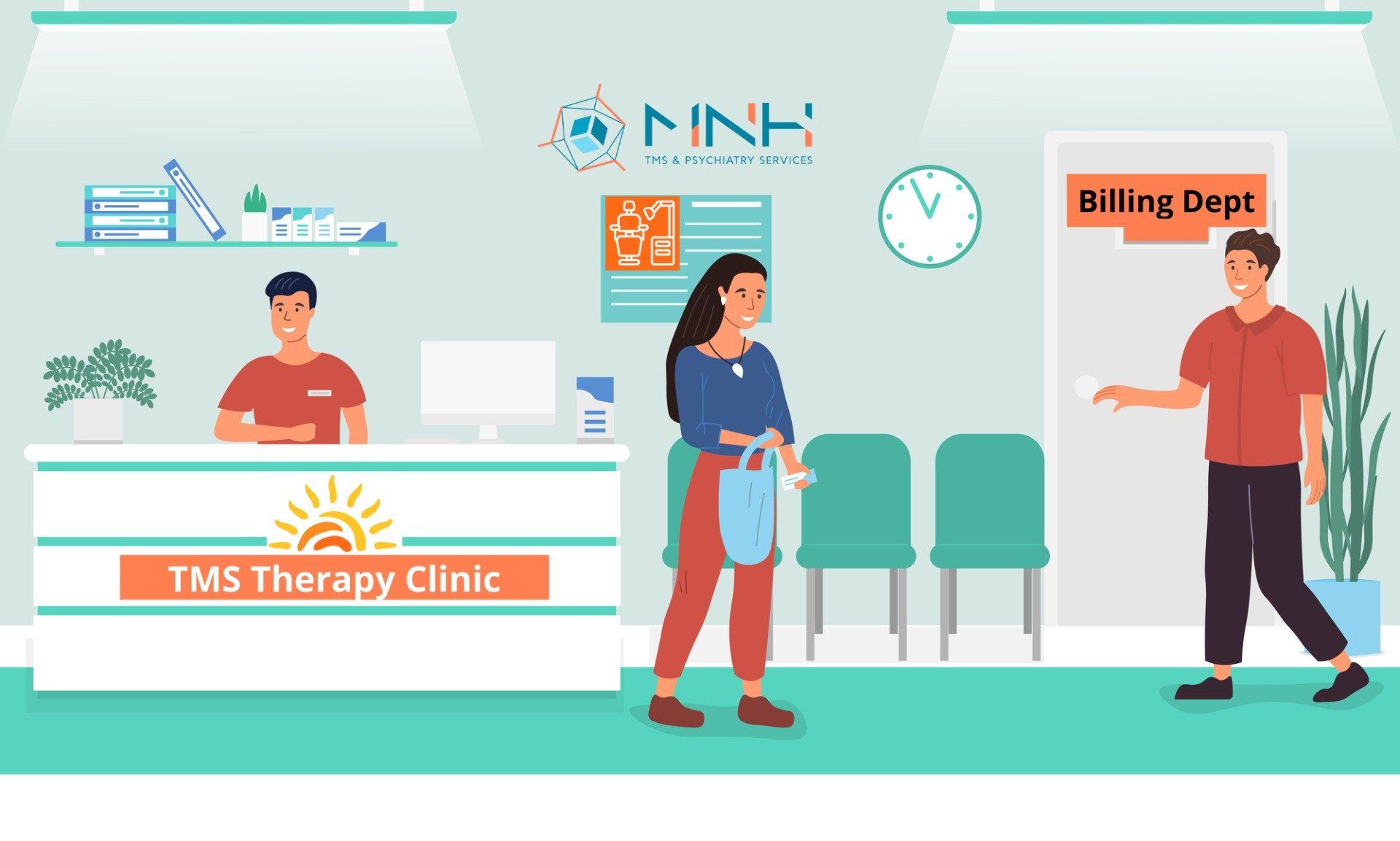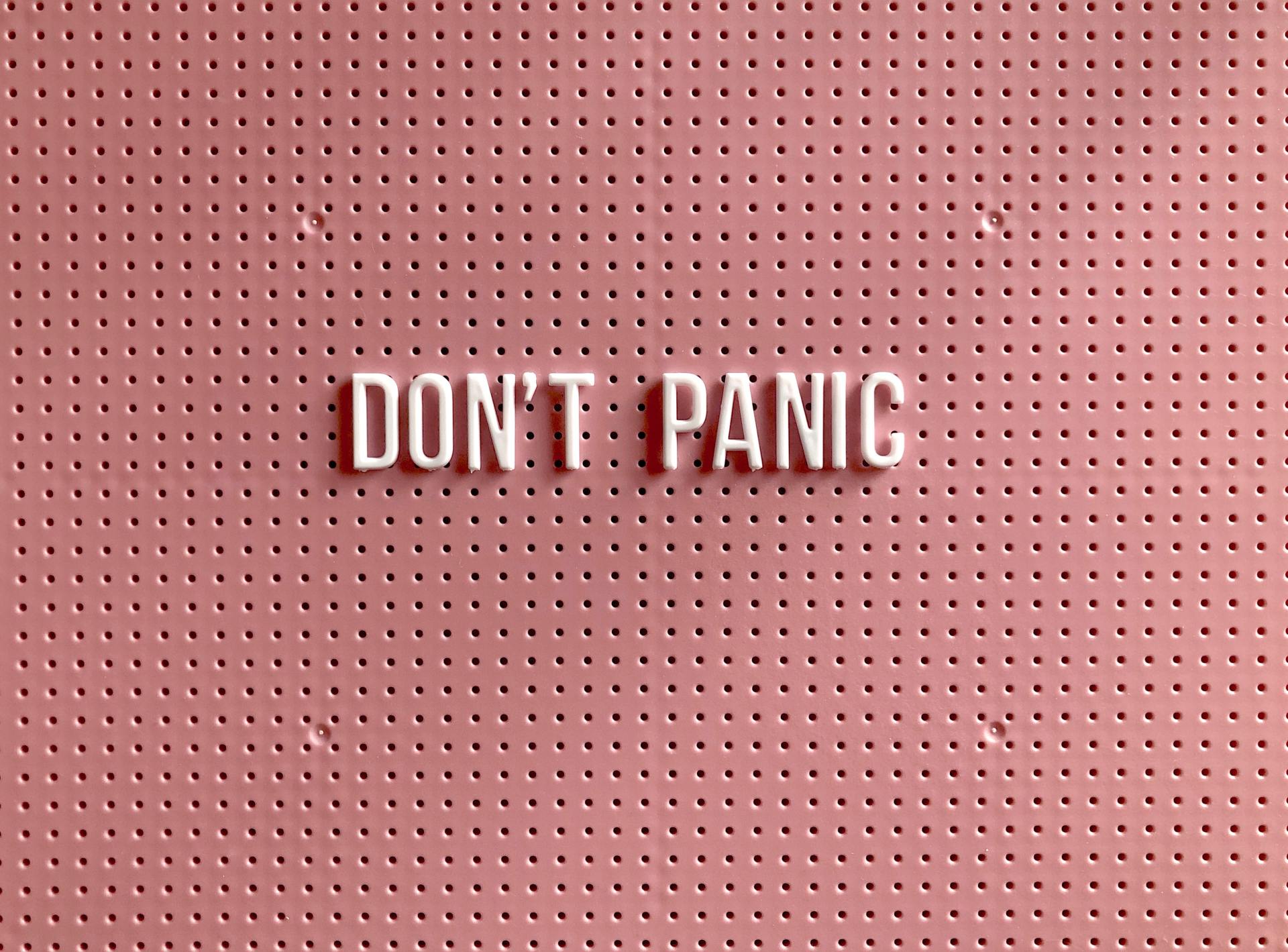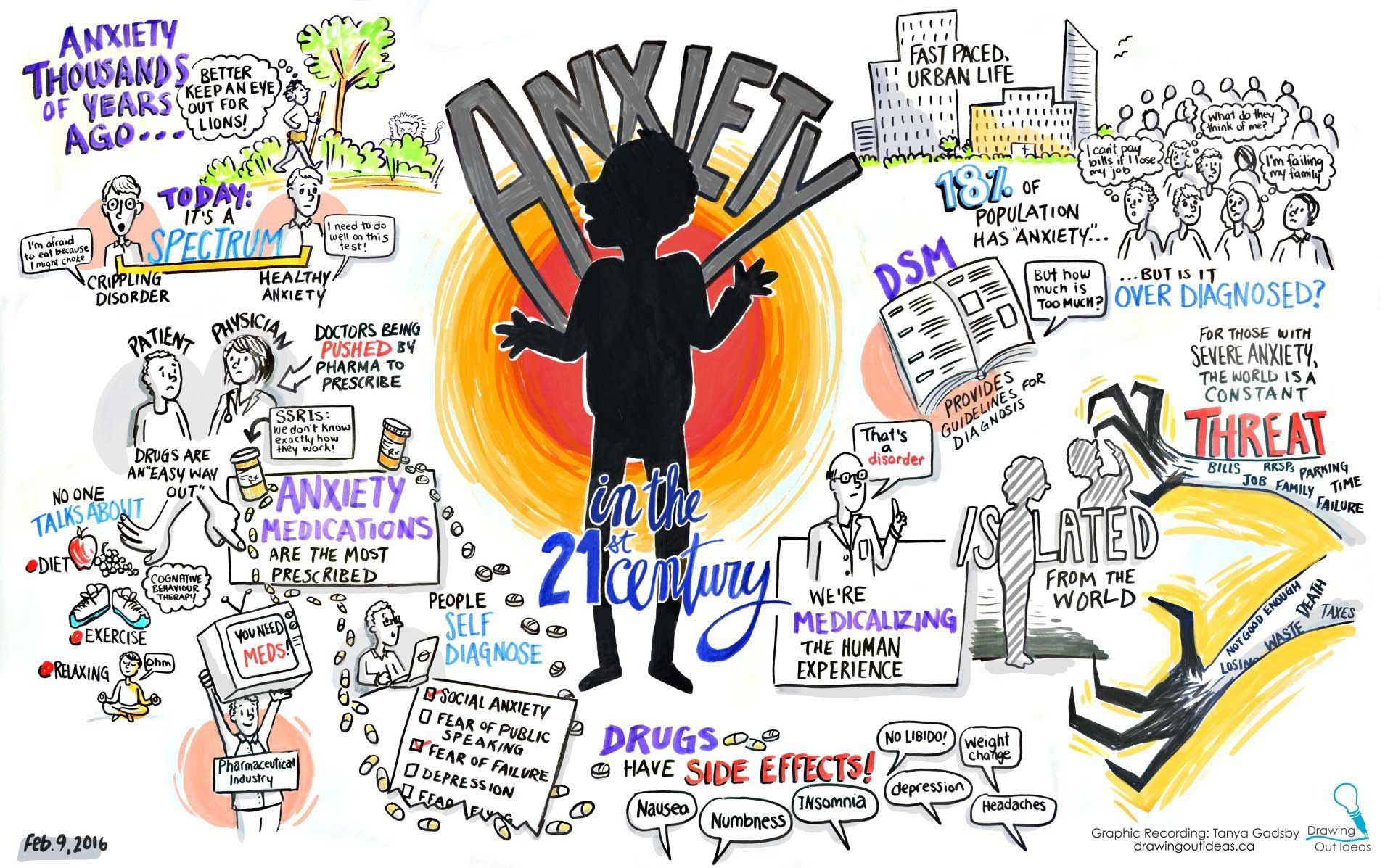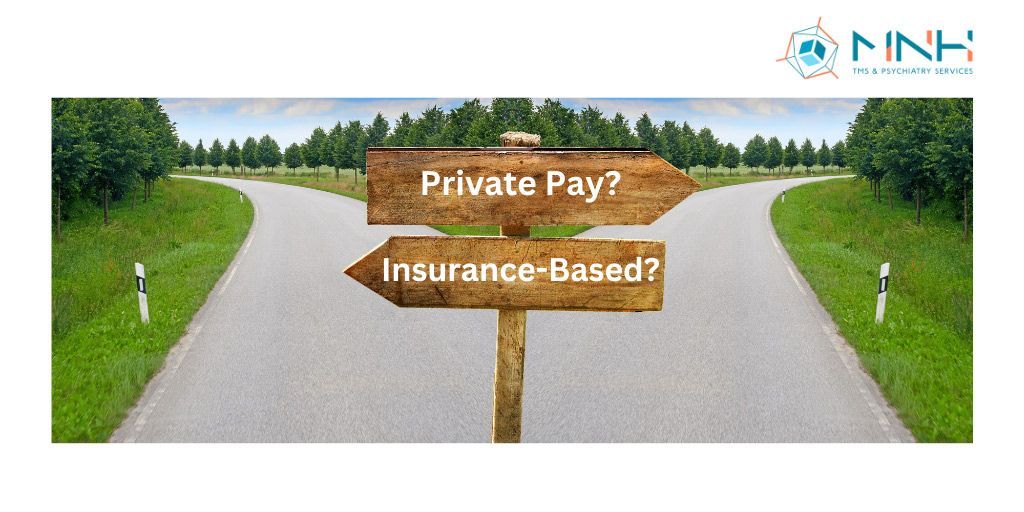Minding Your Mental Health During COVID-19
A time for prayer, hope, and a new normal
COVID-19 has brought about a time for prayer, hope, and a new normal. Managing symptoms of stress, anxiety, and depression is critical. The coronavirus places people at a higher risk for mental health challenges due to social distancing, financial concerns, loss of health insurance, and access to health care. Learn how to overcome obstacles, maintain compliance, and remain mentally well during an ever-changing landscape.
The 21st century has brought about much change in our world today. The first few years of this century marked the rise of our global economy. Good or bad, we've witnessed many advances in technology, such as the creation of social media in 2003, China genetically modifying children in 2018, multi-use rockets thanks to Elan Musk in 2017, the creation of the endoscopy capsule in 2001, the bitcoin and cryptocurrencies, the 5th generation mobile network, and the list goes on and on. With the rise of the world population to over 6 billion people, more than half of the world's population is now with access to the internet.
In addition to the many creations and inventions, the 21st century has also brought about sustained and new concerns for our world as a whole. On September 11, 2001 we pulled together after one of the deadliest attacks on our country since Pearl Harbor. In 2019, our world faces a horrific pandemic that threatened the lives of every human being. More than ever before, with the outbreak of COVID-19 (coronavirus), we are being called to pay attention to our physical, emotional, spiritual, and probably most importantly, our mental health. People across every nation are thinking about many things they've never thought of or perhaps all they've taken for granted for many years. Loved ones, both young and old, are being taken away from us with no warning or time to anticipate. Others are realizing for the first time, just how important their health is. Now, we're not only worried about our own health, but many of us find ourselves worrying about the health and wellbeing of family members, friends, neighbors, and coworkers. Unfortunately, this adds to an already strained mental health system.
We've found people helping and giving in ways we've never seen. Neighbors helping neighbors, strangers delivering groceries to the elderly, retired nurses headed back into the hospital to help, hospital staff working countless and tireless hours, the transformation of distilleries and breweries now becoming hand sanitizer manufacturers, and people coming together online and on television in ways we've never seen before. It's refreshing to see how far people are willing to extend themselves to help others.
Since the outbreak of COVID-19 American's have immersed themselves in the news and media. The major news outlets hand-pick some of the most traumatizing stories and deliver it to the nation in the most dramatic way. Unfortunately, this has created much anxiety and stress across our nation. While COVID-19 is most certainly real, and precautionary measures and social distancing are necessary, many people have suffered symptoms of prolonged stress, anxiety, and worsening depression as a result of all the changes occurring due to this horrific pandemic.
Over 30 million people have lost their jobs and filed for unemployment as a result of COVID-19. This means that many people who had health insurance through their employer lost their coverage. There are millions of people who continue to suffer, both mentally and physically. People with existing mental health conditions should continue with their treatment regimens, and be sure to maintain compliance with their medications. Thankfully, due to the passed legislation, testing for the coronavirus is free for all Americans. However, financial challenges due to job loss, lack of insurance, or new expenses resulting from the pandemic may make it tough to afford medications. To continue with your medications, it is important to know that there are programs available that can help you maintain compliance.
Most drug manufacturers offer Patient Assistance Programs (PAPs), which allow people taking brand-name medications to get them at a discount or for free. There are many generic medications that cost less than $10 for a month supply through certain pharmacies, such as Walmart. Other medications offer Savings Cards where a 30-day supply can be purchased for as little as $4. For instance, the Zoloft Savings Card can be used to continue your prescription for only $4 per month. If you are on Medicare and have an income below $19,380 (single), or $26,100 (married), you may be able to get Extra Help , a program that lowers prescription costs. Some states offer State Pharmaceutical Assistance Programs (SPAPs) that help older adults pay for their Medicare prescription drug plan and/or medications.
Maintaining your mental and physical health should be a priority. If watching the news creates undue stress and anxiety, then perhaps it is best to stay informed by checking the
Center for Disease Control
(CDC) website for COVID-19 updates. If social isolation and distancing is causing worsening mental health symptoms, including anxiety, depression, and loneliness, thankfully the 21st century has also brought about new ways to stay virtually connected, such as
Facetime
,
Zoom
, and
Skype
.
As life continues to change across the globe, we must learn to find effective ways to cope and adapt in an effort to preserve our fragile mental health. Be sure to discuss any ongoing or unrelieved symptoms with your psychiatrist or primary care doctor. Most doctors are continuing to see patients through telehealth methods (virtual visits), and some have reopened their offices with strict safety measures in place. When medications are not effective in relieving certain mental health symptoms related to depression and anxiety, visit TMS Directory to learn about the most advanced depression treatment of the early 21st century, transcranial magnetic stimulation (TMS). To learn more about TMS, contact a TMS therapy specialist by calling 1-833-TMS-HELP.
Stay safe, keep your faith, remain positive, and mind your mental health.










